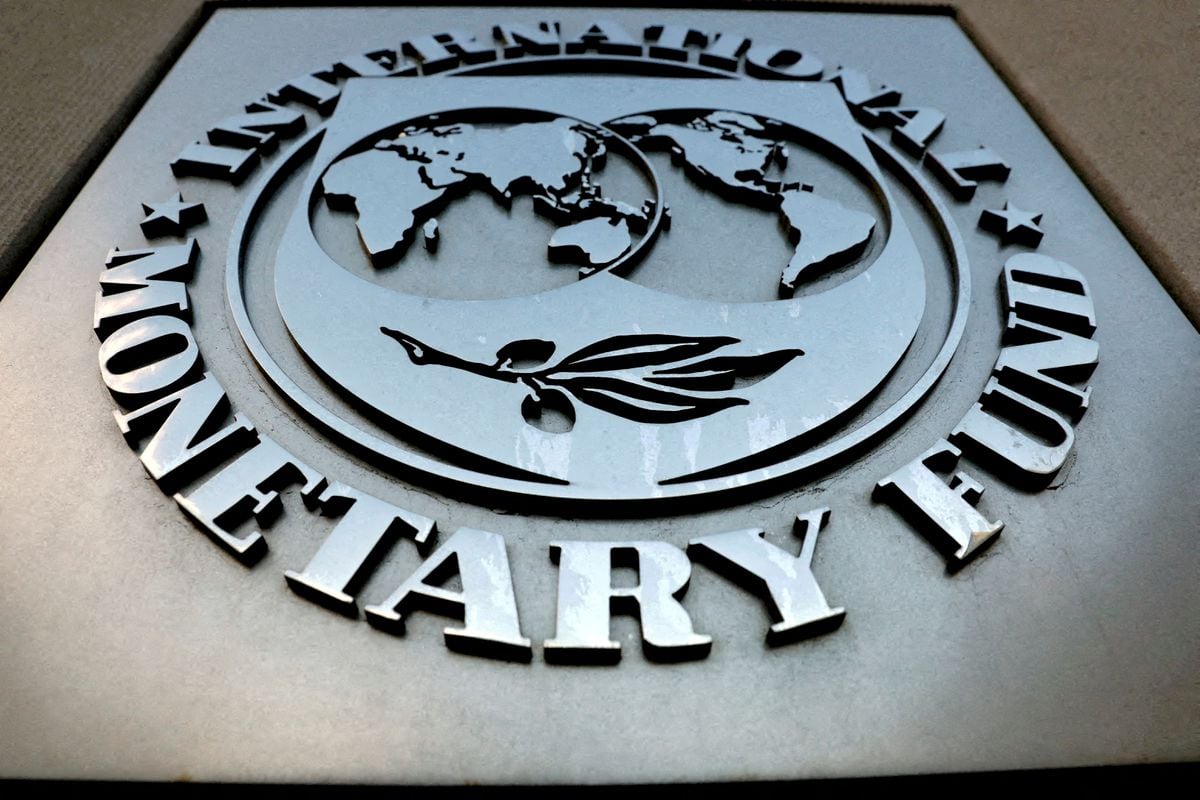Business
consumption
Financial decisions
Financial Vaccination: Economic Stability During the Corona Crisis
The Bank for Financial Growth Center at Bank Hapoalim offers the general public digital content and courses for self-learning and lectures during March, to promote financial stability during this challenging period for businesses and households, and gives examples of simple habits that are recommended to be adopted - so help the family on a daily basis
Tags
Bank Hapoalim
In collaboration with Bank Hapoalim
Wednesday, 03 March 2021, 08:52
Share on Facebook
Share on WhatsApp
Share on general
Share on general
Share on Twitter
Share on Email
0 comments
Lectures, content and digital courses to promote economic stability during the Corona crisis - everything is available to the general public (Photo: Bank Hapoalim)
With the arrival of vaccines in Israel and a return to routine, we begin to see the light at the end of the tunnel overcoming the corona plague.
The Bank for Financial Growth Center at Bank Hapoalim continues to strive for effort and assist the general public in strengthening its economic security.
Now, the center offers free lectures and dedicated content for financial planning, in order to get through the period as successfully and calmly as possible.
In March, the center will present five lectures adapted to the period, which can be registered on the website:
7.3, 20:30:
Changes in the customer's buying and consumption habits following the Corona crisis
, a lecture for business owners - Lecturer Shlomi Lahana.
8.3, 20:30:
From Survival to Growth
- Practical Habits in Proper Management of Money, Lecture for Households - Lecturer Ofir Becker.
9.3, 20:30:
Community Management on Facebook
, Lecture for Business Owners - Lecturer Naor Narkis.
10.3, 20:30:
Business Innovation and Leaving the Convenience Zone as a Tool for Dealing with the Crisis
, Lecture for Business - Lecturer Shlomi Lahana
15.3, 20:30:
Financial Independence is in Your Hands
, Lecture for Women - Lecturer Aline Abu Fares To
enter the site and register, click here - https: //www.fingrow.co.il/he.
For the digital courses for
lectures
Director of the Center for Financial Growth at Bank Hapoalim, Karin Meir (Photo: Tamar Mutzafi)
The director of the Bank for Financial Growth at Bank Hapoalim, Karin Meir, spoke about the center's activities during this period: Significant support for learning and development in financial management, both during and after the crisis. That most of you can adopt ":
• Tracking Expenditures: The
decline in income over the past year has led many families to closely monitor household expenses.
More and more families who have not always kept track of printouts, concentration of insurance, bills, breakdown of credit card expenses and more, are doing so today to avoid unnecessary expenses.
It is advisable to stick to this habit and keep a record of all expenses (including expenses with credit cards, checks and cash) on a weekly basis and allocate half an hour a week to check if there are unnecessary or too high expenses that can be waived.
• Family budget planning:
During the Corona crisis, many families experienced a decline in income and were forced to re-plan the family budget accordingly.
Both now and in the future, you should continue to plan a family budget and proceed accordingly.
How do you do that?
First, understand what all the family's net income is.
Then, collect all the financial paperwork and identify the fixed expenses (e.g. property taxes, insurance and communications) and the variable expenses (e.g. fuel, takeaway and gifts).
Once there is a clear picture of expenses and income, a realistic budget framework can be created, appropriate to the spirit of the period and the family.
The budget framework can be planned on your own, but it is advisable to consult a professional who will help you build it so that it will serve the family for a long time and in the best way.
• Try to buy only what you need:
Many of us have become wiser consumers when it comes to weekly shopping at the supermarket.
We no longer buy from anything nearby and do not load the cart with unnecessary products.
It is worth maintaining this conduct even on the day after the crisis.
How to buy smart?
Create a shopping list based on the family's weekly consumption and do not put unused products in it, just "to be".
Shopping should be done according to the list in a concentrated manner, once a week, and avoid completing during the week.
In addition, it is worth taking into account that online shopping saves time and fuel costs, and helps to stick to the shopping list and avoid temptations.
• Exercise your rights:
Check if you are entitled to benefits and refunds.
Check whether you are entitled to tax refunds for employees, the self-employed, tax credit points, a work grant, etc.
Collect debts that have not yet been collected, demand refunds that you deserve, for example from the insurance for a medical examination that you performed.
Follow the government publications and teach the support and relief provided during this period by the state such as: self-employment assistance, unemployment benefits, deferral of payments and the like.
• Also harness the children for smart financial management:
During the corona period, when the family members are together at home, the children are more exposed to the daily financial management and this can be leveraged for a practical lesson in prudent consumer behavior.
Children should be exposed, according to their age, to simple issues such as shopping at the supermarket and going over accounts that the children share, such as a mobile phone bill or an electricity bill.
"In conclusion, the Corona crisis has brought economic uncertainty to many families, but along with the challenges, there is also an opportunity to adopt good financial habits, improve family consumption habits, and reap the rewards the day after the crisis. "Business and individuals. I invite you to enter the website of the Center for Financial Growth, and enjoy a whole world of knowledge and tools for proper financial management."
Share on Facebook
Share on WhatsApp
Share on general
Share on general
Share on Twitter
Share on Email
0 comments



/cloudfront-eu-central-1.images.arcpublishing.com/prisa/OOLBKF5K4VFN7EA7IFFA4PMVUE.jpg)











